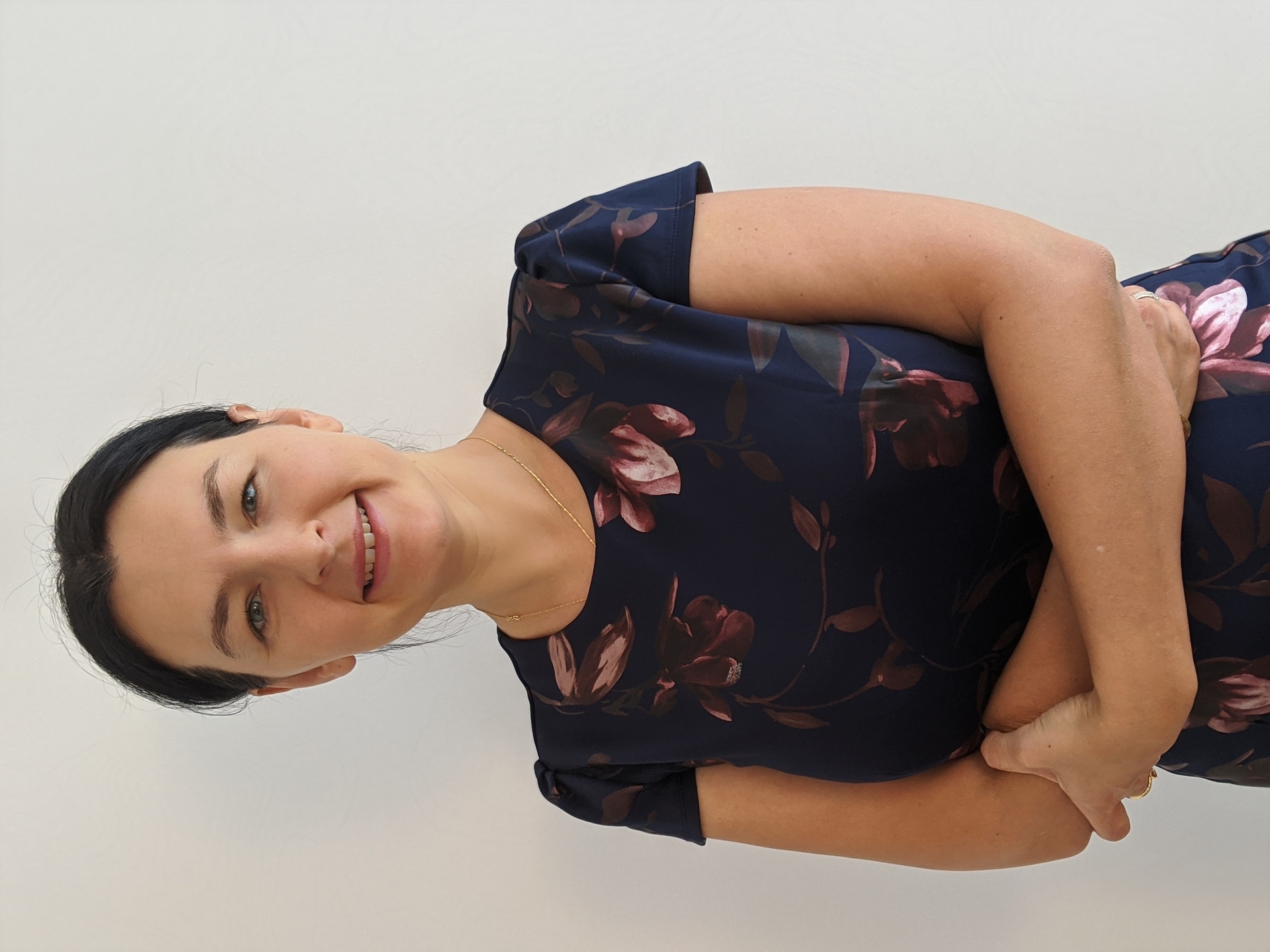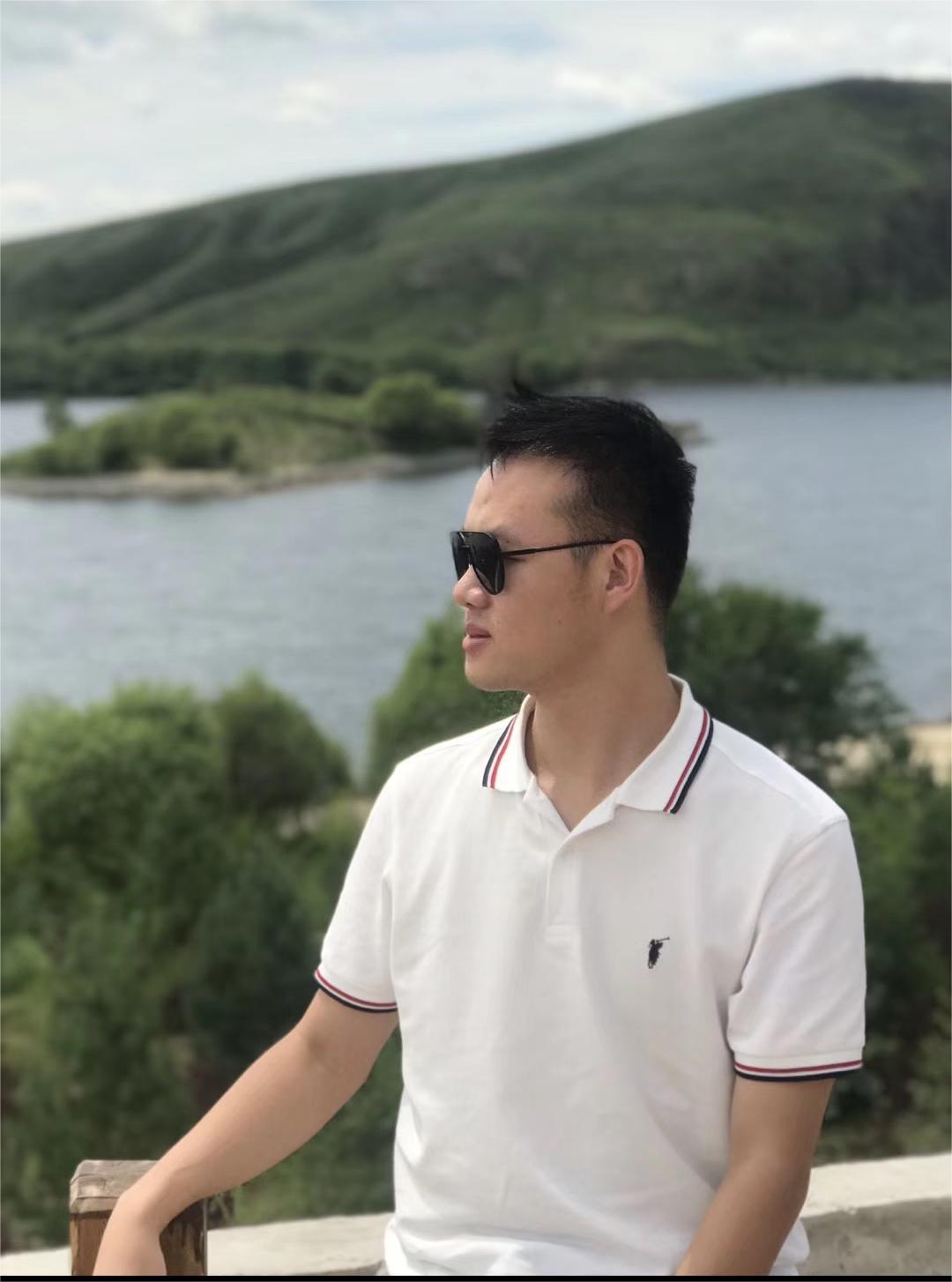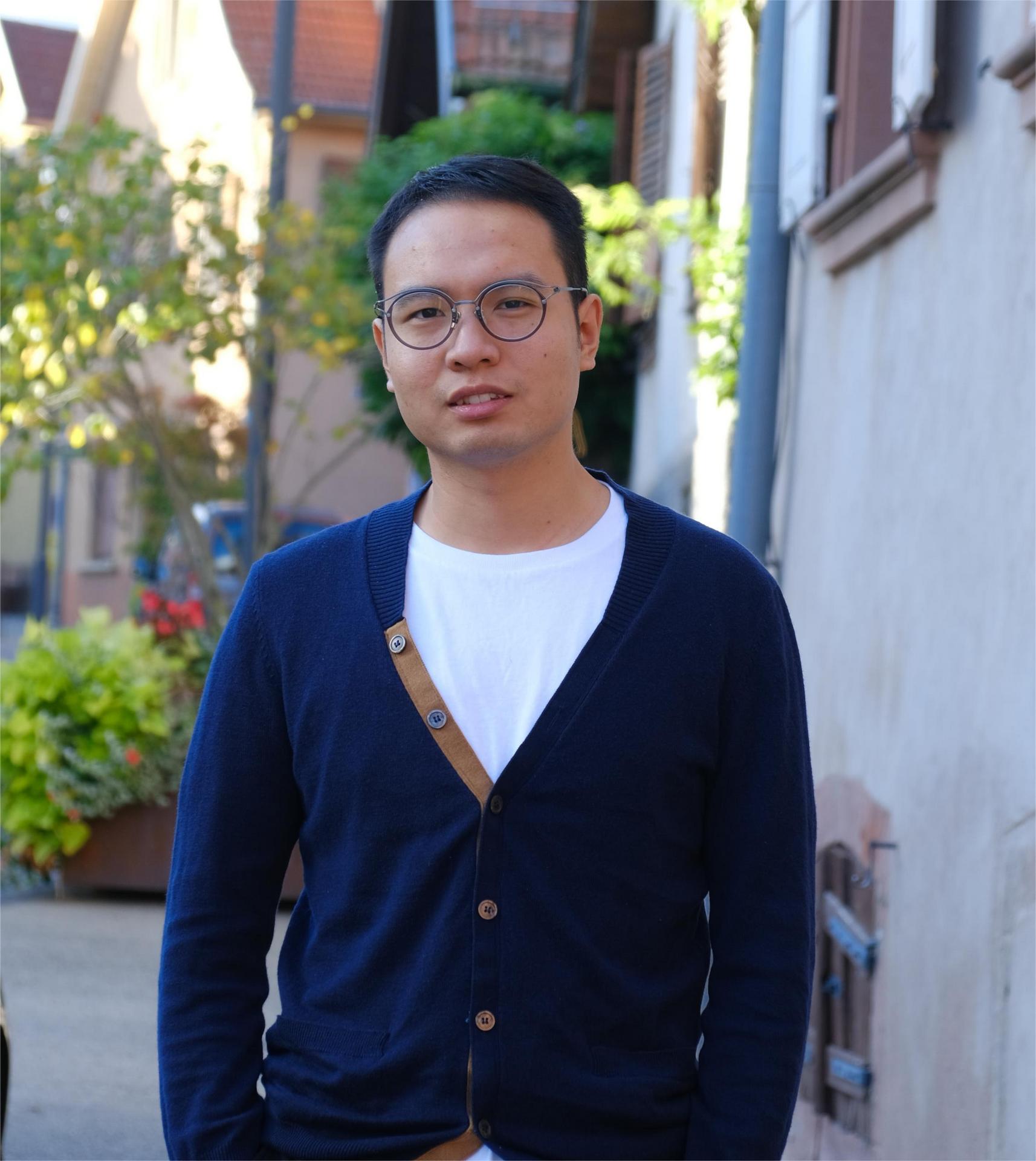California, USA
August 2024
She obtained the French Habilitation (HDR) for her thesis entitled “Towards Personalized Human-Robot Interaction” from Sorbonne University, France in 2011. She received her PhD in computer science from Swiss Federal Institute of Technology Lausanne (EPFL), Switzerland in 2005, and her degree of Engineer in computer science and engineering from Politehnica University of Bucharest, Romania in 2001. She worked as an Associate Researcher at the University of Southern California (USC), where she was among the pioneers on the development of socially assistive robotics, also participating to activity in machine learning, human sensing, and human-robot interaction. Her main interests are on long-term learning (i.e. in particular in interaction with humans), human modeling, and on-line robot behavior adaptation to external environmental factors. She is currently a Full Professor in the Autonomous Systems and Robotics Lab in the Computer Science and System Engineering Department (U2IS), at ENSTA Paris, France. Prof. Tapus is an Associate Editor for International Journal of Social Robotics (IJSR), ACM Transactions on Human-Robot Interaction (THRI), and IEEE Transactions on Cognitive and Developmental Systems (TCDS) and in the steering committee of several major robotics conferences (General Chair 2019 of HRI, Program Chair 2018 of HRI, General Chair 2017 of ECMR). She has more than 150 research publications and she received the Romanian Academy Award for her contributions in assistive robotics in 2010. She was elected in 2016 as one of the 25 women in robotics you need to know about. She’s also the PI of various EU and French National research grants.

Raja Chatila
Prof. Adriana TAPUS
ENSTA-Paris, IP Paris

Jim Tørresen received his M.Sc. and Dr.ing. (Ph.D) degrees in computer architecture and design from the Norwegian University of Science and Technology, University of Trondheim in 1991 and 1996, respectively. He has been employed as a senior hardware designer at NERA Telecommunications (1996-1998) and at Navia Aviation (1998-1999). Since 1999, he has been a professor at the Department of Informatics at the University of Oslo (associate professor 1999-2005). Jim Torresen has been a visiting researcher at Kyoto University, Japan for one year (1993-1994), four months at Electrotechnical laboratory, Tsukuba, Japan (1997 and 2000) and a visiting professor at Cornell University, USA for one year (2010-2011).
His research interests at the moment include bio-inspired computing, machine learning, reconfigurable hardware, robotics and applying this to complex real-world applications. Several novel methods have been proposed. He has published approximately 150 scientific papers in international journals, books and conference proceedings. 10 tutorials and several invited talks have been given at international conferences. He is in the program committee of more than ten different international conferences, associate editor of three international scientific journals as well as a regular reviewer of a number of other international journals. He has also acted as an evaluator for proposals in EU FP7 and Horizon2020 and is currently project manager/principle investigator in four projects funded by the Research Council of Norway.
Prof. Jim Tørresen
University of Oslo

Roger A. Søraa is Associate professor at the Department of Interdisciplinary Studies of Culture (KULT) in Studies of Technology and Society (STS). His research focus is on automation, robotization, and the digitalization of society – how humans and technology relate to each other. Dr. Søraa is especially interested in the social domestication of technology, see e.g. his research on hospital robots and gerontechnologies of the home. He's also a Senior Researcher at NTNU Social Research.
Prof. Roger Andre Søraa
Norwegian University of Science and Technology

Yu Cheng
Norwegian University of Science and Technology

Dr. Le Song got his Phd in Telcom-Paris.
Le Song
Telecom-Paris, IP Paris

He is a CSC (China Scholarship Council) Ph.D. student at ENSTA Paris, Institut Polytechnique de Paris (IP Paris), France. He received a master’s degree in Computer Technology from Wuhan University in 2020, and he was awarded the Chinese National Scholarship in 2019. He received a bachelor’s degree in Electronic Science and Technology from Wuhan University of Technology in 2017. He is a reviewer for several professional conferences: IROS 2021, ITSC 2021, ECMR 2021. His main interests are human-robot interaction, driving behavior understanding, cognitive robots, and machine learning.
Zhegong Shangguan
ENSTA-Paris, IP Paris
This site was created with the Nicepage